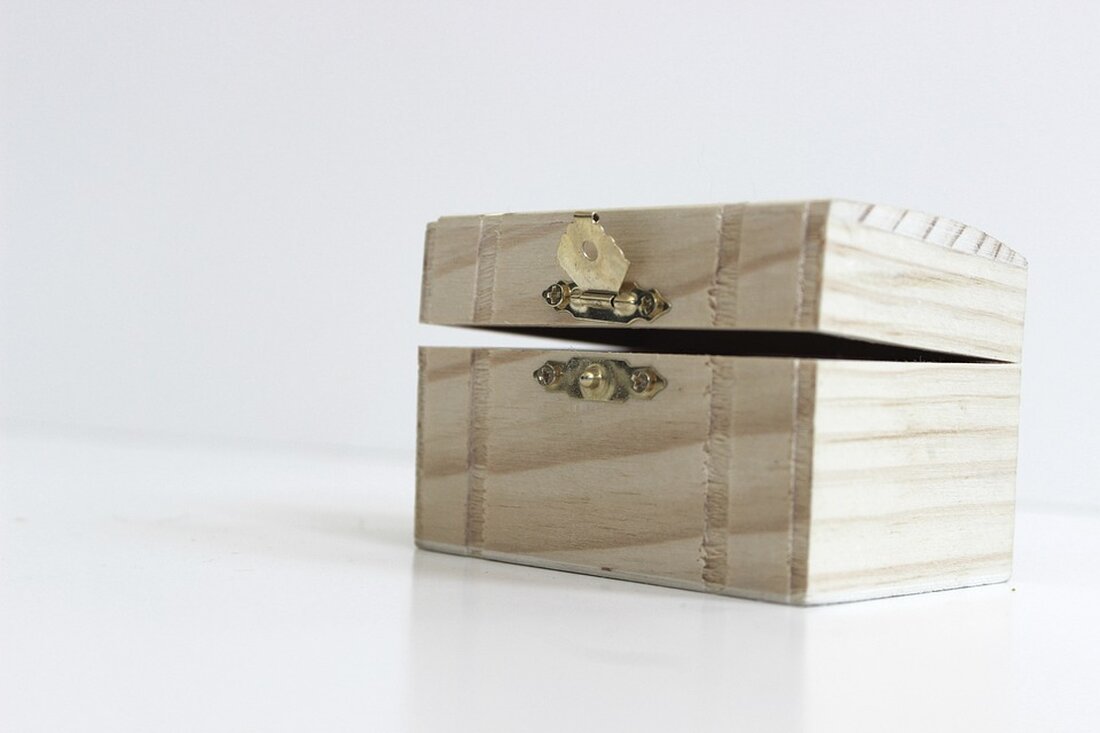The decline in the reed to the Berlin lakes: reeds by Lausitzer Todage and other factors
The decline in the reed to the Berlin lakes: reeds by Lausitzer Todage and other factors
The reed is a plant that plays an important role both ecologically and economically. It ensures clean water, prevents erosion on the shores and serves as a habitat for many animals. However, there has been a decline in the reed on the banks of the Berlin lakes for several years. Researchers of the Leibniz Institute for Water Ecology and Inland Fishing and the Humboldt University in Berlin have found that about 20 percent of this decline are due to the presence of Sulfate.
The sulfate comes into the Spree due to the lignite mining in Lusatia, from where it gets into the Berlin waters. In the mining, iron sulfur compounds are released, which connect to sulfuric acid and iron in the air and then get into the water. While the iron settles on the rivers, the invisible sulfate remains in the water and is transported over long distances. Usually sulfate in high concentrations for reed plants is not poisonous and remains stable in the presence of oxygen. However, poisonous sulfide can be created under lack of oxygen and at high concentrations.
The reeds are not only caused by sulfate, but also by other factors. So far, visible problems such as damage caused by shipping, banks, animal feeding and shading by trees have been regarded as reasons for the decline in the reed. The influence of Sulfate, on the other hand, was hardly taken into account because it had no obvious visible effects.
At the moment, Sulfate's contribution to the decline in the reed is still relatively low in comparison to other factors such as the presence of trees. However, it can be expected that the sulfate concentration in the Spree will continue to increase in the coming years. As a result, the effect of sulfate on the reed could also increase.
In order to stop the reversal of the reed, various measures would have to be taken. On the one hand, this includes reducing the sulfate entry into the Spree. This could be achieved, among other things, through filter systems or technical changes in lignite mining. In addition, further measures should be taken to reduce the other factors that contribute to reeds. This includes, for example, the protection of the shores from waves, avoiding the bank construction and promoting a species -rich animal world.
The preservation of the reed as an ecologically significant plant is of great importance. It is therefore important that all responsible measures take to reverse the declining trend of the reeds to the Berlin lakes and thus maintain the habitats for animals and protect the waters.


Kommentare (0)